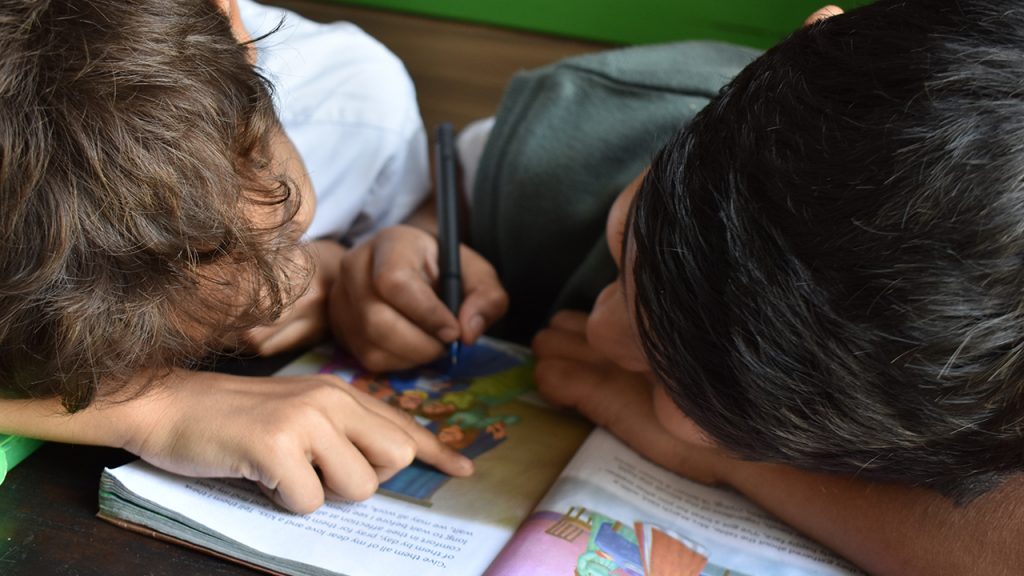After-school program connects students to communities
One year after the end of those sessions, researchers looked at the same students to determine if the after-school program improved their social interactions with their peers and community. The results showed Black students benefited more than their peers while participating in the program.

The Youth Empowerment Solutions Program, also referred to as “YES,” was formed in 2004 through a partnership with Flint community leaders and University of Michigan researchers.
From 2012 through 2016, 418 middle school students in Genesee County learned leadership skills, community planning and strong social tools through after-school group sessions.
“So within the first few sessions, we’re thinking a lot about historical disenfranchisement and what that means for current communities.” — Elyse Thulin, University of Michigan Medicine
The content of the first set of sessions focuses on historical and community identity and the last few sessions focused on ways to employ the skills they learned within a project to make a change in their community.
Elyse Thulin is a postdoctoral fellow at University of Michigan Medicine. She says it’s important to help facilitate a young person’s growing communication skills.
“The reason why it’s important to develop these skills at this age is because these are still pre-adolescents,” Thulin says. “They’re [in] an important formative stage developmentally where they’re figuring out kind of who they’re going to be within their early adult lives.”
One year after the end of those sessions, researchers looked at the same students to determine if the after-school program improved their social interactions with their peers and community. The results showed Black students benefited more than their peers while participating in the program.
“Each session there’s generally either historical or cultural aspects to it. So within the first few sessions, we’re thinking a lot about historical disenfranchisement and what that means for current communities,” Thulin says.
For example, one of the sessions focused on names. When African ancestors were brought to the U.S., slave owners wanted them to lose their cultural identity, Thulin says. “One of the first things that slave owners did was take away the African name, and then force slaves to take on white European names. … So to celebrate African American history and reclaimed heritage, learning about African names, and thinking about the meanings of those names can be really helpful and [contextualize] that within the traditional ceremonies that names are often used within … because it provided some of the community and social harmony.”
She says based on what the data shows, changing perspectives and systems won’t be easy but necessary. “We have really great communities, but we also have a lot of dysfunction within communities. And a lot of that is based on structures that are not equitable, that are, you know, rooted in historical and contemporary inequalities and disenfranchisement. And changing those structures is not a simple thing.”
Listen: Elyse Thulin talks about the after-school sessions and how it helped improve social interactions.
Trusted, accurate, up-to-date.
WDET strives to make our journalism accessible to everyone. As a public media institution, we maintain our journalistic integrity through independent support from readers like you. If you value WDET as your source of news, music and conversation, please make a gift today.
